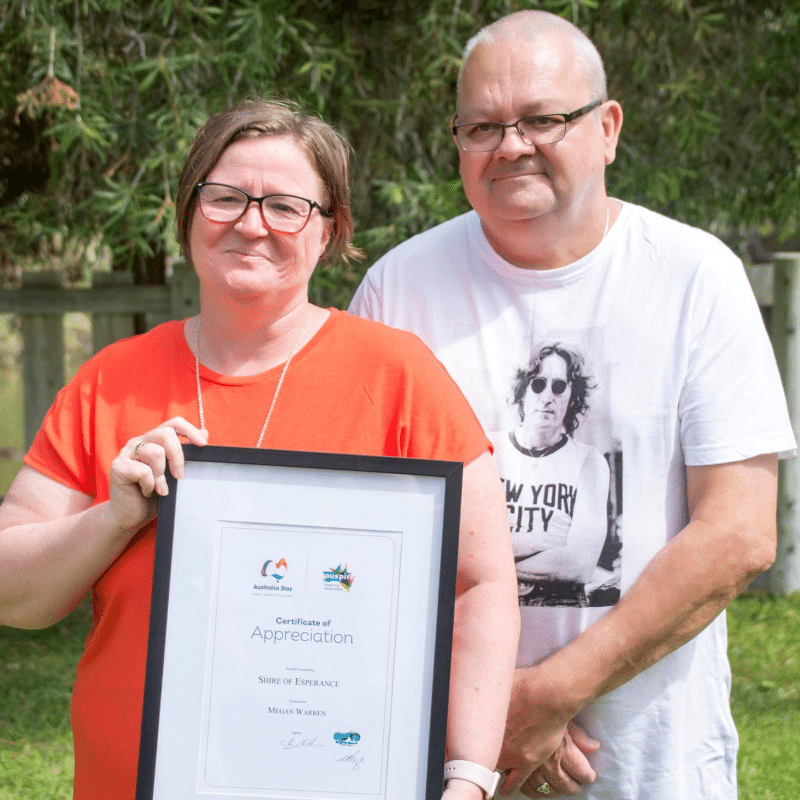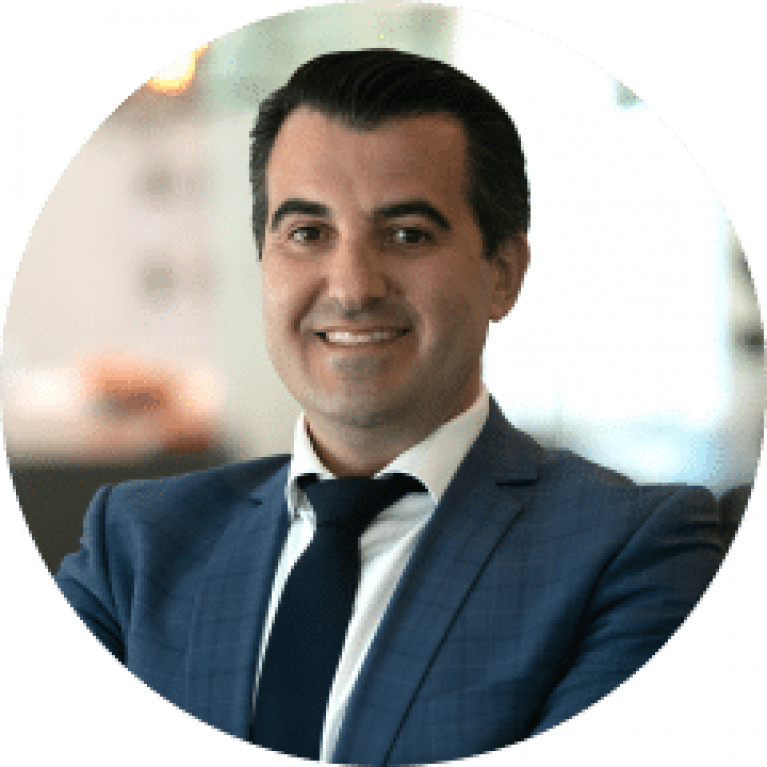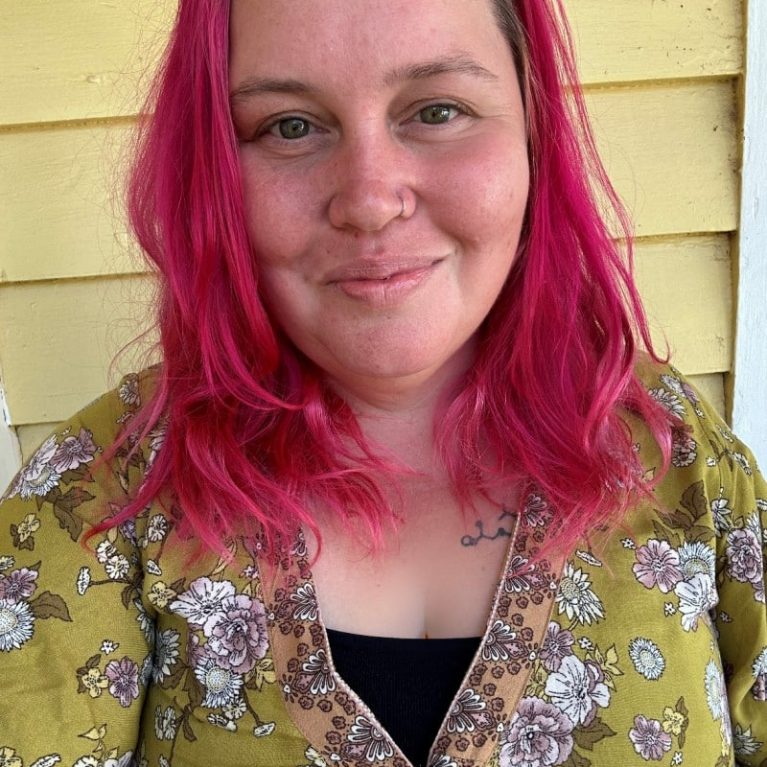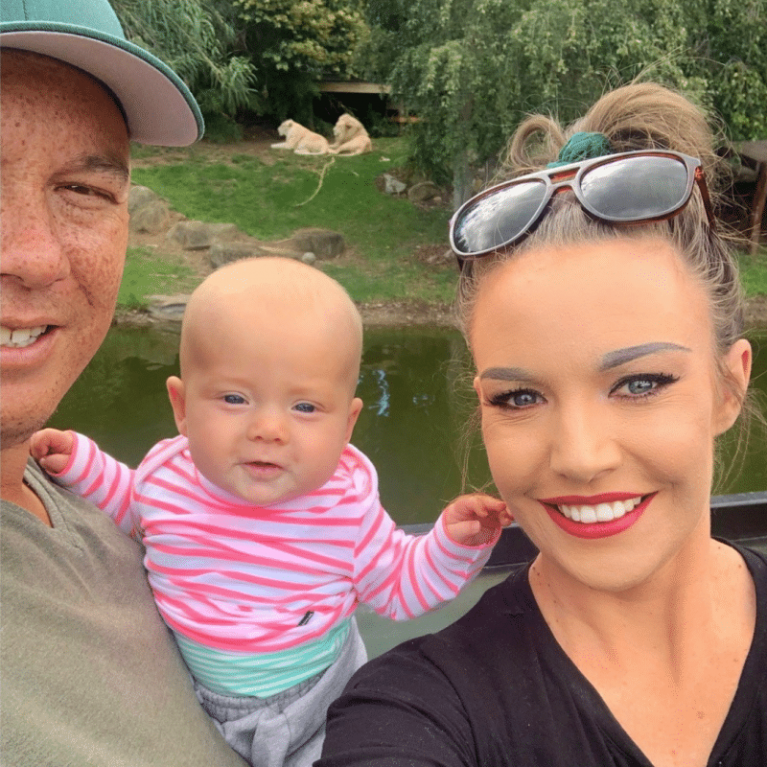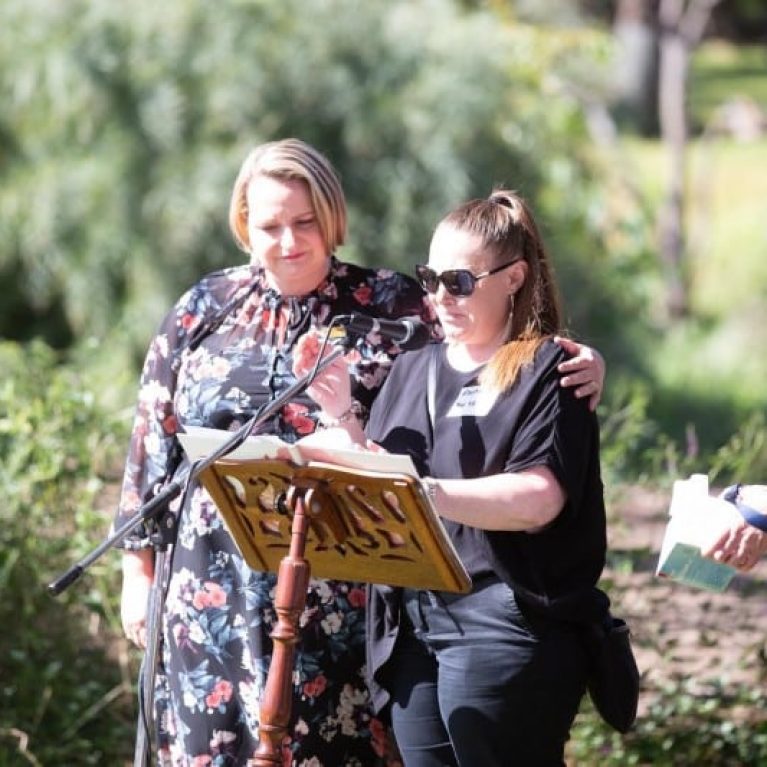Meet Megan Warren, our Bereavement Support Worker with Hospital to Home
I started with Hospital to Home in September 2021; prior to that, I volunteered on the Peer support phone line and facilitated an online support group when they moved online due to Covid. I was also a member of the National Community Advisory Committee.
I’m now a Bereavement Support Worker with Hospital to Home, providing support to bereaved families in regional and remote areas of Australia through the Phoebe Joan Program.
I first contacted the peer support line when I was pregnant with our son Kavyn; after experiencing multiple miscarriages, a stillbirth and the death of our newborn son, I felt that I needed support with this pregnancy after so much loss. The beautiful mum that took my call had experienced a pregnancy after loss herself. She knew what I was going through and validated my feelings. That phone call made a huge impact on my life. I started attending peer support meetings and, in time, trained as a peer supporter, volunteering on the phone support line and helping out on Red Nose Day until we moved away from Perth in 2007. After stepping away from a management role in 2019, I felt that I had the capacity to give something back to my community, so I contacted Sands and started volunteering again.
When the opportunity came up to apply to be a Bereavement Support Worker supporting regional and remote families, I knew that I had to apply. When I experienced the deaths of our son’s I was living in Perth; despite having access to services and support, I still felt isolated. I felt that no one understood what was happening. I could only imagine what it would be like to experience a stillbirth or death of a child and live in a regional area that has limited access to services. Thanks to the technology we have available, I am able to provide practical and emotional support to families wherever they are in Australia or the world. I have recently supported a family who is travelling overseas to visit family after the death of their baby. I know that the work that we are doing makes a difference, and I could be the one person who says their baby’s name or asks them how they are really doing.
I really am passionate about reducing the silence and stigma surrounding pregnancy loss. My maternal grandmother experienced the stillbirth of her second child, and my mother experienced multiple miscarriages, but these were not openly talked about. In 2018, I wrote a submission to the Senate inquiry into Stillbirth Research and Education, sharing our family experience and the impact that stillbirth can have on a family.
It is a privilege to support newly bereaved families and have them share their stories and experience of their precious babies. When they are so new in their grief, it can be all-consuming, and they can’t see life ever being anything different. The support we provide might be practical, such as navigating Centrelink entitlements and returning to work or emotional, providing a non-judgmental ear to listen to what they are thinking and feeling and validating those feelings.
Outside of work, I’m a wife, mum and nana, and I love spending time with my family. I’m also currently a PhD candidate in Creative Writing at Deakin University, writing about my experience of pregnancy loss.
Megan was recently featured on the Her Herd Podcast.
Did you find this helpful?
Good job! Please give your positive feedback
How could we improve this post? Please Help us.
